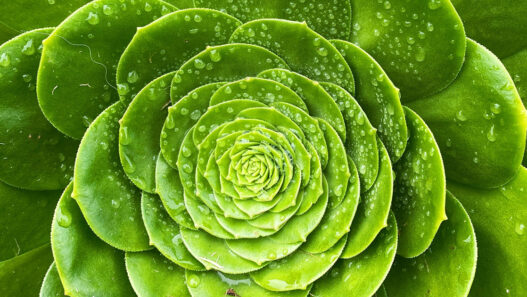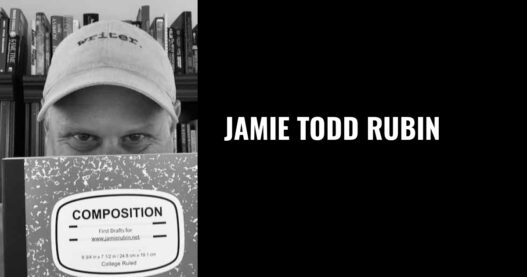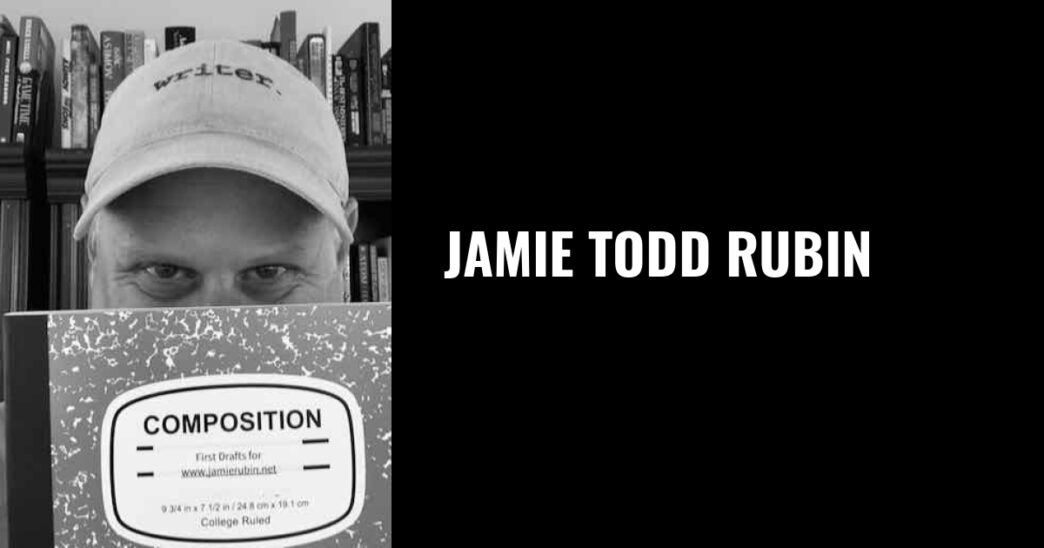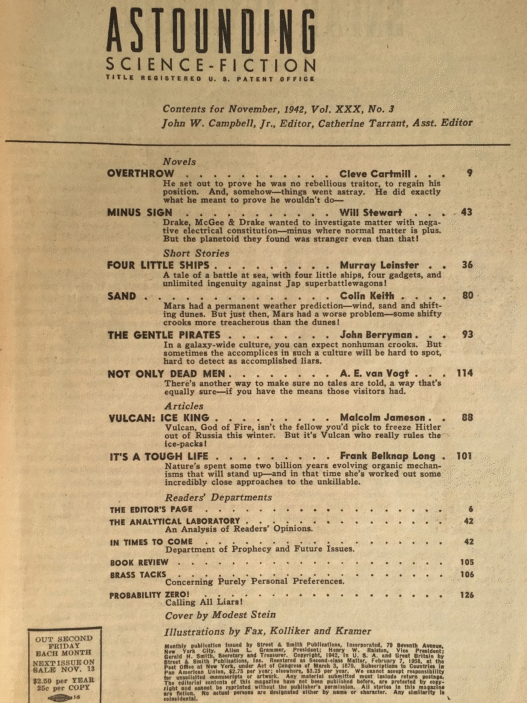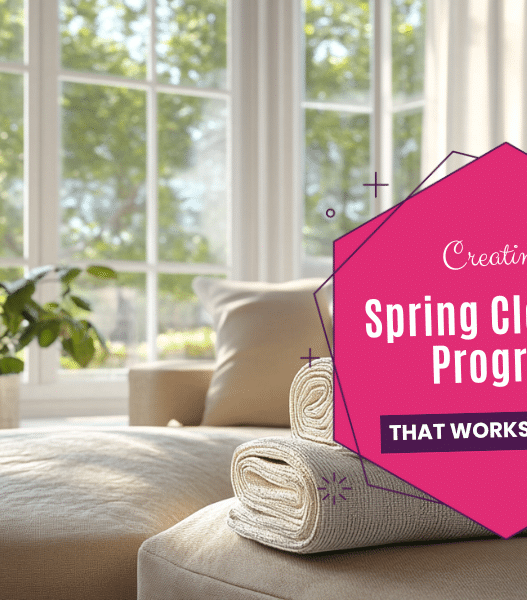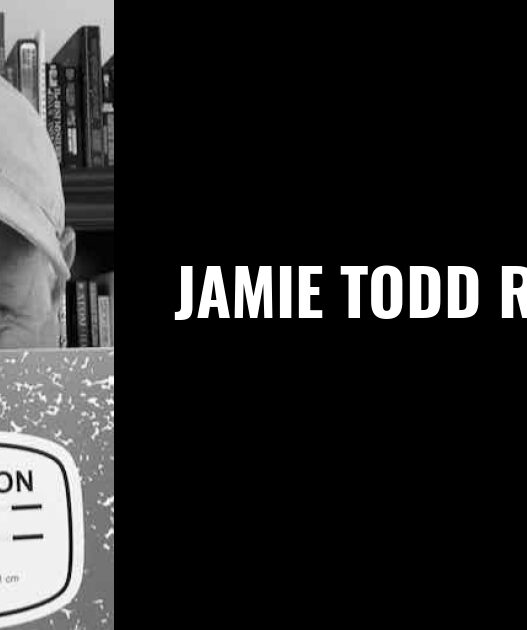At a recent back-to-school night, I was astonished to learn that science education takes a back seat to Virginia Studies in 4th grade. Part of the reason seems to be that 4th grade students take a standardized test on Virginia Studies, and there is much to pack in to prepare students for the test. I can't understand why this is a priority over science1.
At a time when science is under attack and the scientific method is increasingly misunderstood, it seems that science education should be of the utmost importance. Fourth grade is a time when many students' curiosity is blossoming—only to have to wade through a year of Virginia Studies.
Rather than sacrifice science, why not teach Virginia Studies through science. Virginia boasts one of very few Presidents who was also a scientist and naturalist: Thomas Jefferson2. Jefferson corresponded with many scientists of his day3. He wrote Notes on Virginia, which provides both a natural history of the state and an entry point into its social history. It seems possible to weave these subjects together rather than displace science.
Back in 1962 a dinner was held at the White House for 49 U.S. Nobel Laureates. At that dinner, President Kennedy quipped, “I think this is the most extraordinary collection of talent, of human knowledge, that has ever been gathered together at the White House, with the possible exception of when Thomas Jefferson dined alone.” Fourth grade students in Virginia dine alone at the table of science. They have no choice but to fend for themselves if they are interested in science. And given that Virginia Studies squeezes out classroom time for science, they must do this outside of the classroom.
As Carl Sagan once noted, science and technology shape much of modern life, yet few of our leaders have scientific training. That is why it is troubling to hear that 4th graders—just as their curiosity is blossoming—are asked to put science aside until 5th grade.
One irony in all of this is that there is a fourth grade field trip to Jamestown as a way of reinforcing Virginia history with a real place outside the walls of the school. This year, however, parents are being asked to contribute funds to support the trip because our town, in its infinite wisdom, cut funding for the trip. How much of a priority can Virginia Studies be when a town in Virginia cuts funding for a field trip to an important Virginia historical site during the year students are supposed to be learning Virginia history?
I don't remember having “Rhode Island” studies in fourth grade. I do remember learning about the history of New England, and in particular, the Revolutionary War and the events leading up to it. These were emphasized by field trips to places like the Gilbert Stuart House4, Sturbridge Village5, and parts of Boston, where we walked the cobblestone streets past Paul Revere's shop. And we still managed to get a full load of science, including a visit to the Boston Aquarium and the Museum of Science.
Virginia is just about average in science and math when compared to other states. Why is average acceptable? Why are Virginia's leaders not asking how we can be better than average? Why are they not asking how Virginia can be an innovative leader in science and math education? Punting on science because students have to cram in facts about Virginia in order to pass a state test6 makes me think that the education system has given up.







